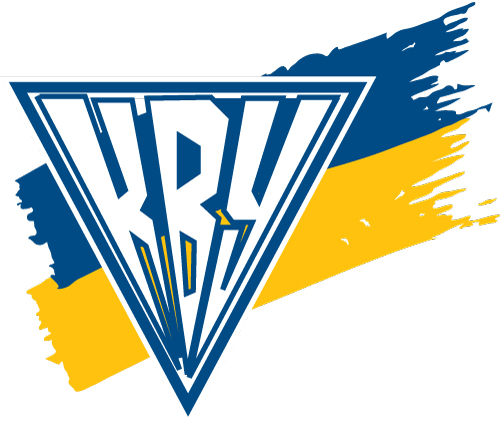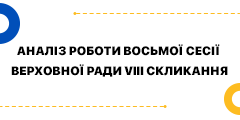SUMMARY
- At most polling stations (more than 90%) the Presidential Elections were held without substantial violations of electoral legislation and in accordance with international standards of fair and transparent elections.
In problematic regions (Donetsk and Luhansk oblasts) voting was held with violation of international standards of fair and transparent elections. Terrorist groups disrupted the elections at most polling stations. Law enforcement bodies, including the Ministry of Internal Affairs and the Security Service of Ukraine, did not provide adequate security during transportation of election documents and did not ensure the personal security of election commission members and voters. As soon as it was determined that conducting elections in these regions was life-threatening to citizens, elections were stopped.
- At many polling stations, long queues were registered during the entire Election Day. This was due to high turnout, small election commissions (many PECs organized elections with the minimal number of members required by law), simultaneous conduction of presidential and local elections, and midterm elections of people's deputy of Ukraine in single-mandate constituency № 83 (Ivano-Frankivsk oblast).
- Violations of election legislation were not systematic. When violations did occur, they were primarily the result of the large workload of precinct election commissions (PECs), which were small and insufficiently trained. Frequent changes in the composition of district election commissions (DECs) and PECs (some made on E-Day) negatively affected the commissions' work. In the future, the law “On elections of the President of Ukraine” should be amended to prevent constant revision of district commissions' composition while adding mandatory election training of commission members.
- The main presidential candidates used covert advertising on the eve of E-Day and on E-Day. This was not in line with international standards. Law enforcement bodies should be more vigilant in detecting cases of illegal covert advertising and bringing the guilty persons to justice.
- Cases of breach of legislation, dishonest methods of political competition (indirect vote-buying, so called “black PR,” etc) were more customary for local elections than for the presidential election. This situation makes a case for not holding national and local elections simultaneously.
- Main violations of election legislation on E-Day include violations of the procedure for handing out ballot papers to voters (in particular during the organization of local elections) and failure to ensure the proper conditions for secret voting. Because of the large number of voters at polling stations, voting continued after the close of polling stations. There were only isolated cases of hindering official observers from performing their duties.
- The quality of voters lists was notably higher in 2014 than in previous elections, but the situation remains problematic. The Central Election Commission (CEC) should analyze reasons for the non-inclusion of citizens on voters lists, inaccuracies in voters lists, the inclusion of persons who are ineligible to vote, and differences in voters lists for presidential and local elections, and the committee should take steps to improve the situation. It is also advisable to return to the law “On the State Voter Register,” as enacted before the 2010 local elections.
- The main reasons for the slow return of election results in territorial election districts include the poor qualifications of election commission members, delayed vote tabulation, and technical problems of the informational-analytical system “Vybory” (Elections), which appeared to be vulnerable to security breach. The Security Service of Ukraine and the CEC must increase the security of the system defense against unauthorized interference, DDOS-attacks, and other types of illegal access.
- Material and technical problems, including transportation problems, continue to be issues hindering the work of election commissions. The CEC should cooperate with local authorities to provide the necessary conditions for the election commissions to do their work, organize the transportation of election documents, organize voting at place of voters' stay.
More than 4000 CVU observers worked at polling stations, district and territorial election commissions and in mobile groups, recruited to participate in observation as a part of the “I am an observer!” campaign.

